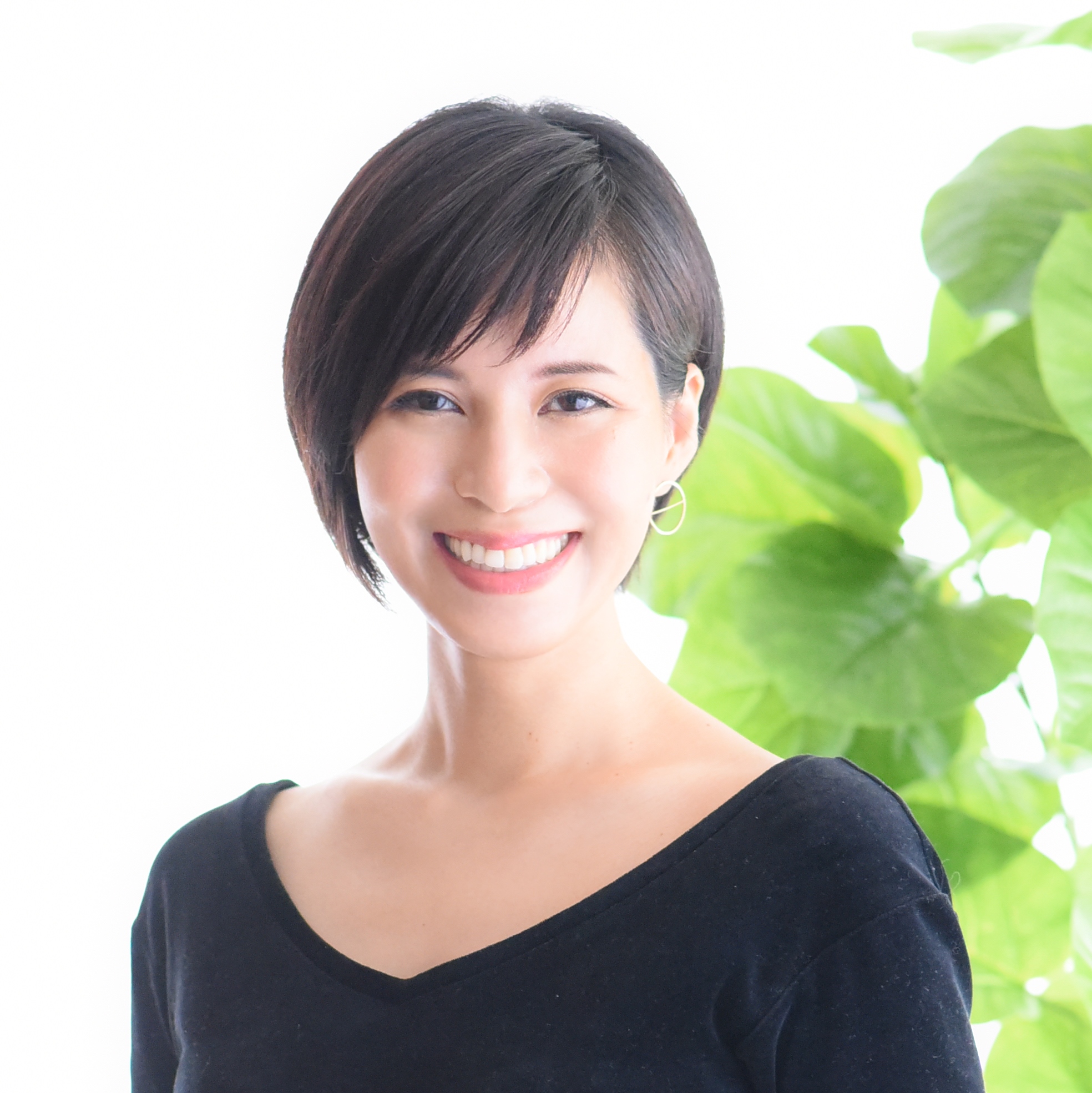The EMC has been a life-enhancing experience for me.
John Griffiths

What made you decided on the EMC programme at INSEAD?
I had wanted to undertake the programme for several years having read a number of Manfred Kets de Vries' books. They addressed fundamental issues of human behaviour and related them to the challenges of leadership in a way which I felt filled a fundamental gap in management education and development.
What were your expectations before you started the programme?
The application process for the programme gave me a good insight into the type of programme this would be - answering the questions in the application process caused me to reflect on my professional and personal life experiences and what was important to me in a way that I had not done before. This was followed by an insightful interview with Professor Erik van de Loo that made clear that I would need to be extremely open to an entirely different type of learning experience. I was certain that the programme was going to help me address the issues of what motivated me, what motivated others, how groups worked (or didn't) and how to create healthier, more vibrant and successful organisations in an environment of constant change.
Did the programme meet or exceed your expectations?
The programme has been a life-enhancing experience for me. It helped me develop deep insights into my own motivations, behaviours and their impact on others and re-evaluate what is fundamentally important to me. The combination of insights into individual behaviour, group behaviour, the impact of how roles are constructed and mechanisms of change was particularly important for me. The diverse group of people on the course quickly formed a strong, trusting bond which supported an entirely different type of learning experience.
How has the EMC changed your perspectives/outlook towards life?
EMC has caused me to re-evaluate what is important to me and develop a clear set of priorities in my life. It helped me to clarify things that I was doing because I had developed strong beliefs about what was expected of me by others. One example is that in my personal life I have rekindled a number of important but long-neglected relationships.
How has the EMC helped you in your career?
I am able to view organisational issues through an entirely new prism, continue to develop my understanding of what might be going on behind the obvious symptoms, and bring them to the surface so they can be addressed. I believe that the insights into my own leadership behaviours brought out by the group coaching practice and the theoretical framework understanding has enabled me to be a fundamentally more effective leader. More importantly, the experience has convinced me of the need to provide developmental experiences to others to enhance their own self-understanding and thus, strengthening the whole organisation.
How different is the EMC as compared to other Masters programmes out there?
During the course, we were introduced to the difference between technical change (e.g. systems, processes, products) and adaptive change (root and branch cultural and behavioural change). Leading successful adaptive change requires skills that are developed in EMC whereas other Masters courses I have seen seem to focus primarily on technical understanding.
What is the most important lesson you have gotten out of the programme?
That both happiness and success come from the power of human relationships. As we learnt from the beginning of the module: it all boils down to three things - something to do, something to hope for, and someone to love.
What advice would you give to people out there who are interested in the programme?
Do it!



